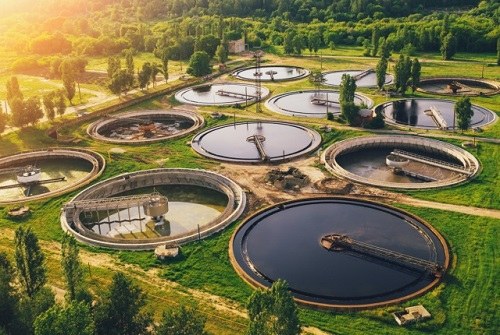By analysing the wastewater of five European cities, an international team of researchers identified more than 2,300 bacterial species, including over 1,300 previously unknown. The findings, published in Nature Communications, expand our understanding of the microbial ecosystems — both beneficial and harmful — we unknowingly interact with daily and that can contribute to the spread of antibiotic-resistant microorganisms.
Daniel Remondini, Professor at the Department of Physics and Astronomy of the University of Bologna, explained: “Countering antibiotic resistance is crucial for global public health, especially in an increasingly globalised, interconnected, and densely populated world. The advanced analytical methods we used are important for rapidly identifying and monitoring “silent epidemics”: organisms that are potentially dangerous even when they do not cause clinical effects.”
The study is part of the One Health paradigm, which takes into account the interconnections between human, animal and environmental health. In this context, wastewater is a key tool to monitor large urban areas. So much so that, from 2025, the EU will introduce wastewater monitoring in cities with populations exceeding 100,000.
Over a two-year period, researchers conducted the first comprehensive analysis of the microbial ecosystems in wastewater across five European cities: Copenhagen, Rotterdam, Bologna, Rome and Budapest. This revealed 2,332 bacterial species, 1,334 of which were previously unknown.
Seasonal variations were also observed in each city. Bacterial communities in Rotterdam and Copenhagen fluctuate significantly throughout the year, whereas cities like Bologna are much more stable, suggesting that bacterial development and evolution are influenced by a range of factors.
Professor Remondini added: “We need more frequent and in-depth analyses to shed light on what we still don’t know, starting with thousands of bacterial species yet to be discovered. This approach could eventually lead to the development of systems that detect ecosystem changes using wastewater samples, allowing the early identification of threats and timely interventions.”
The study was published in Nature Communications under the title “Time-series sewage metagenomics distinguishes seasonal, human-derived and environmental microbial communities potentially allowing source-attributed surveillance.” The interdisciplinary team from the University of Bologna that contributed to the study is part of the European project VEO - Versatile Emerging Infectious Disease Observatory. The team includes Daniel Remondini (coordinator), Alessandro Fuschi (lead author), and Alessandra Merlotti from the Department of Physics and Astronomy, Alessandra De Cesare and Fulvia Troja from the Department of Veterinary Medical Sciences, and Frederique Pasquali and Chiara Oliveri from the Department of Agricultural and Food Sciences. The analysis of the Bologna Metropolitan Area was carried out thanks to Hera Group, which supported the collection of wastewater samples.

